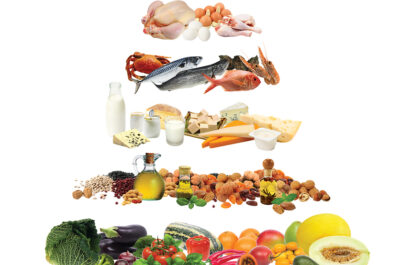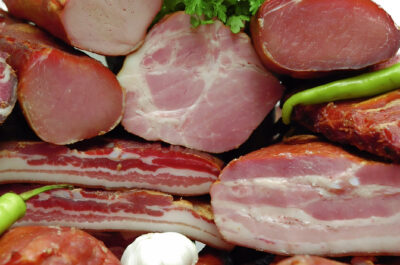The latest trends in health care are moving more  towards a meat free diet. It seems that the two most researched and popular diets are either a Mediterranean Diet or a completely meat free vegetarian. Growing up in Texas where the smell of BBQ fills the air and steak commercials run nightly it seems almost anti religious to advocate a meat free diet. But the research continues to indicate that if you want to avoid heart disease, stroke and some forms of cancer this is a good choice. A lot of the concern is centered on how meat is processed and produced. We seem to have moved from a society where you raised your cattle and then took it to the local butcher when it was time to harvest what you had raised. We now see cattle placed in stock yards, standing in feces and tainted industrialized meat as a result. It is not just the cattle; chicken is also being raised to be mass produced. What was once considered healthy may be so full of steroids and other chemicals that it is questionable at best. We can also look at fish and see constant warnings about mercury levels in the water and other issues that seem to be rising up. So the concerns being raised seem to be what is safe and where do I get it?
towards a meat free diet. It seems that the two most researched and popular diets are either a Mediterranean Diet or a completely meat free vegetarian. Growing up in Texas where the smell of BBQ fills the air and steak commercials run nightly it seems almost anti religious to advocate a meat free diet. But the research continues to indicate that if you want to avoid heart disease, stroke and some forms of cancer this is a good choice. A lot of the concern is centered on how meat is processed and produced. We seem to have moved from a society where you raised your cattle and then took it to the local butcher when it was time to harvest what you had raised. We now see cattle placed in stock yards, standing in feces and tainted industrialized meat as a result. It is not just the cattle; chicken is also being raised to be mass produced. What was once considered healthy may be so full of steroids and other chemicals that it is questionable at best. We can also look at fish and see constant warnings about mercury levels in the water and other issues that seem to be rising up. So the concerns being raised seem to be what is safe and where do I get it?
Reuters first reported on March 14th, 2012,” Researchers found that the more servings of processed or unprocessed red meat people reported eating daily, the higher their chance of dying over more than a 20-year span.”[1] The research which was conducted indicated that saturated fat and cholesterol in red meat was linked to plaque buildup in the arteries and increased risk for stroke and heart attack. The researchers noted in their documentation that, “substitutions of 1 serving per day of other foods (including fish, poultry, nuts, legumes, low-fat dairy, and whole grains) for 1 serving per day of red meat were associated with a 7% to 19% lower mortality risk.[2] Red meat intake has been associated with increased risks of colorectal cancer and several other forms of cancer. Red meat is a major food source of protein and fat, and has potential associated risks with diabetes mellitus, coronary vascular disease (Heart Attack, Stroke), cancer,and mortality.
The most recent study compared three groups. One was strictly vegetarian, a second was vegetarian but used some eggs and dairy in their diet and the third group occasionally ate meat. The findings in the study were that men gained the greatest benefit from a vegetarian diet and that vegetarian diets are associated with improved health outcomes. The study also shows a direct correlation in reducing risks from heart disease and stroke by choosing a vegetarian lifestyle.
Finally a study just published in the American Journal of Epidemiology showed that four lifestyle changes could affect a more positive outcome in preventing calcium plaque buildup and increased risk for CVD. These changes included a Mediterranean Diet, exercise, maintaining a normal weight, and not smoking. The researchers found that these changes could reduce risk by up to 80% over an eight year period.[3]
While researchers have not clearly dictated that a meatless diet is the best choice for everyone they are moving towards encouraging people to increase their daily intake of grains, fruits and vegetables. A second consideration would be to consider how the animal was raised and how the meat was processed. Finally, studies are clearly beginning to lean more towards eating less red meat and considering other sources of protein as substitutes.
[1] Seaman, Andrew, Vegetarian Diet tied to fewer deaths over time. Reuters Health, June 3, 2013.
[2] An Pan PhD, Qi Sun MD, ScD, Adam Bernstein, MD, ScD, and others. Red Meat Consumption and Mortality Results from Two Prospective Studies. Arch Intern Med. 2012;172(7):555-563. doi:10.1001/archinternmed.2011.2287. http://archinte.jamanetwork.com/article.aspx?articleid=1134845
[3] Dietsch, Kevin, Four Lifestyle Changes Reduce Risk of Death by 80 percent. UPI.com June 3, 2013.



